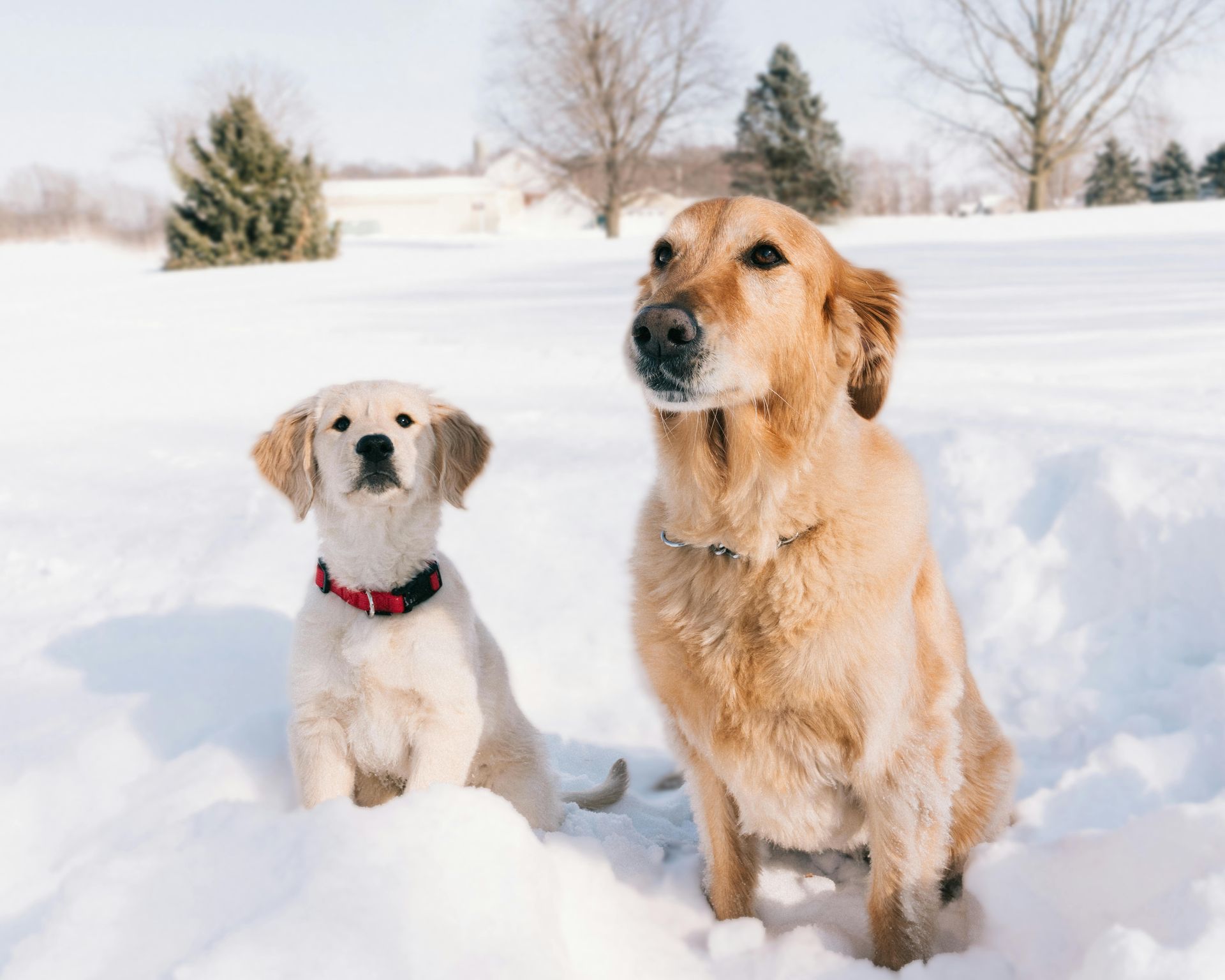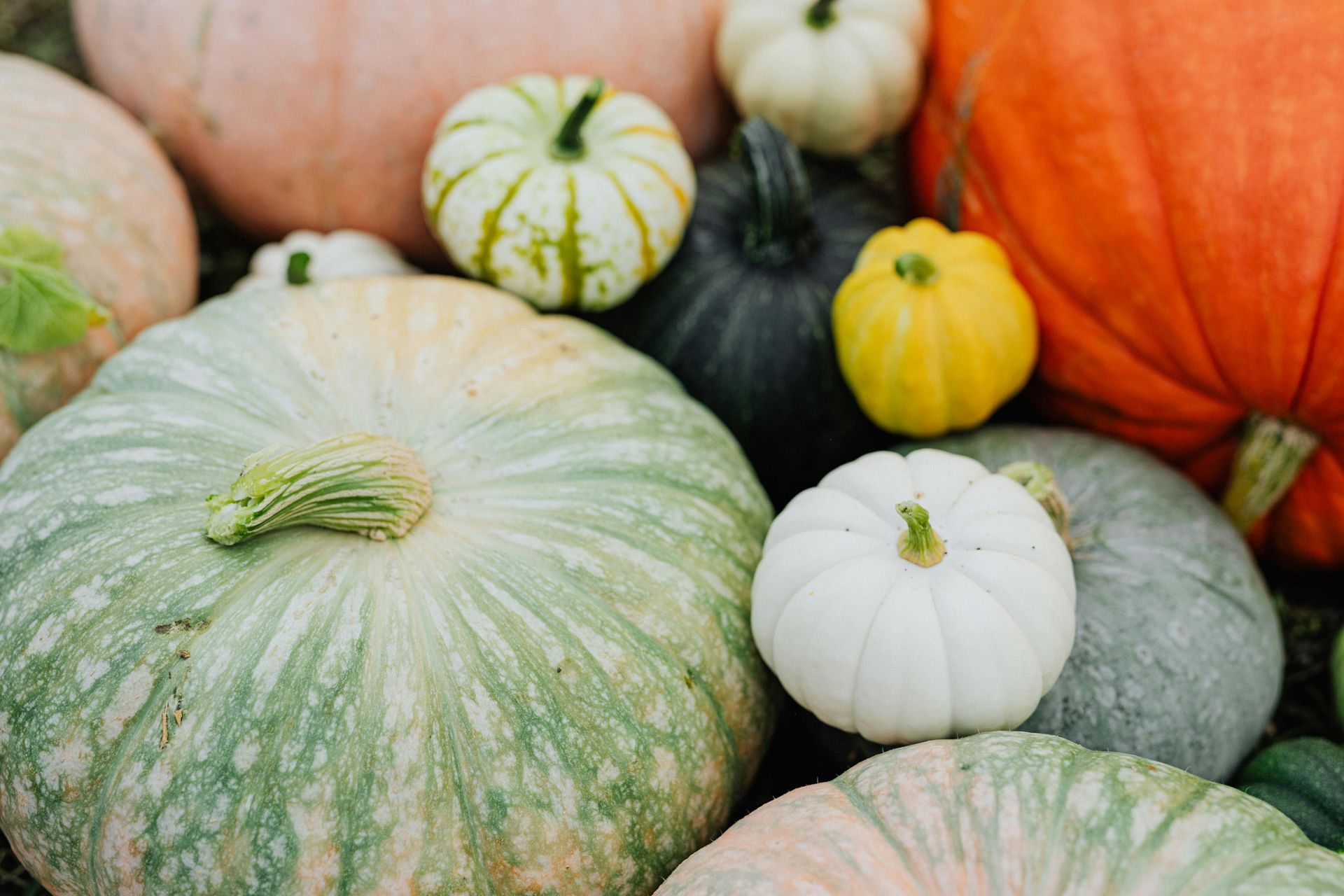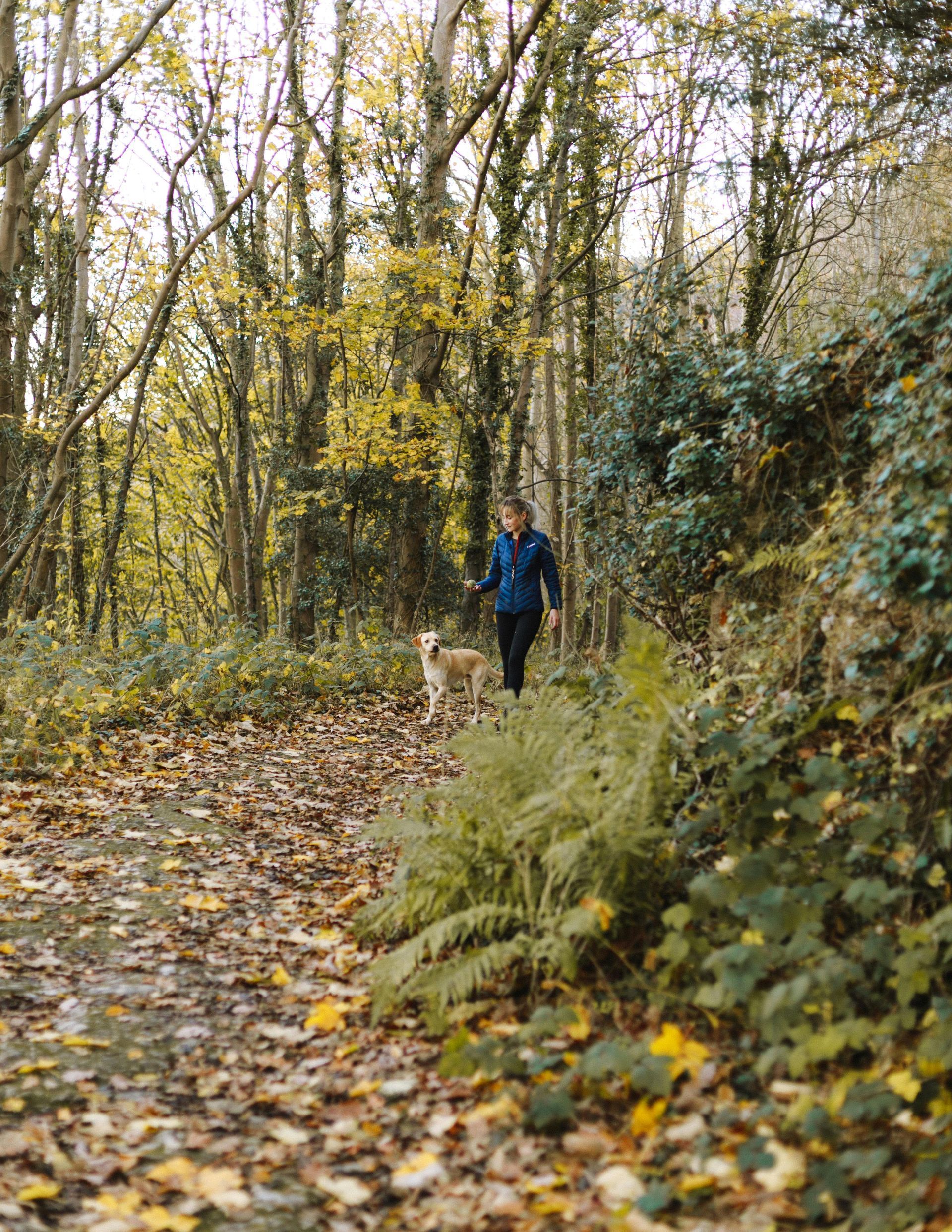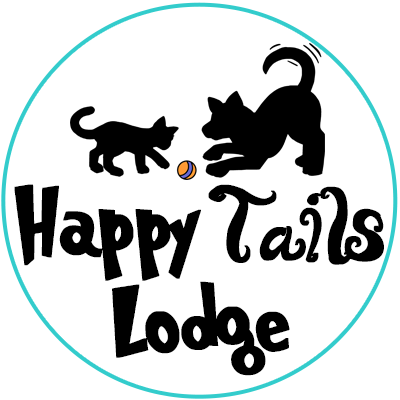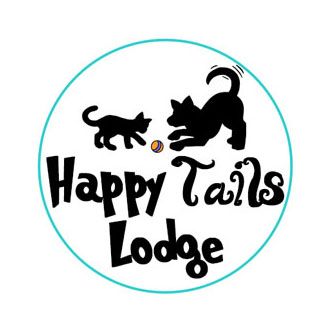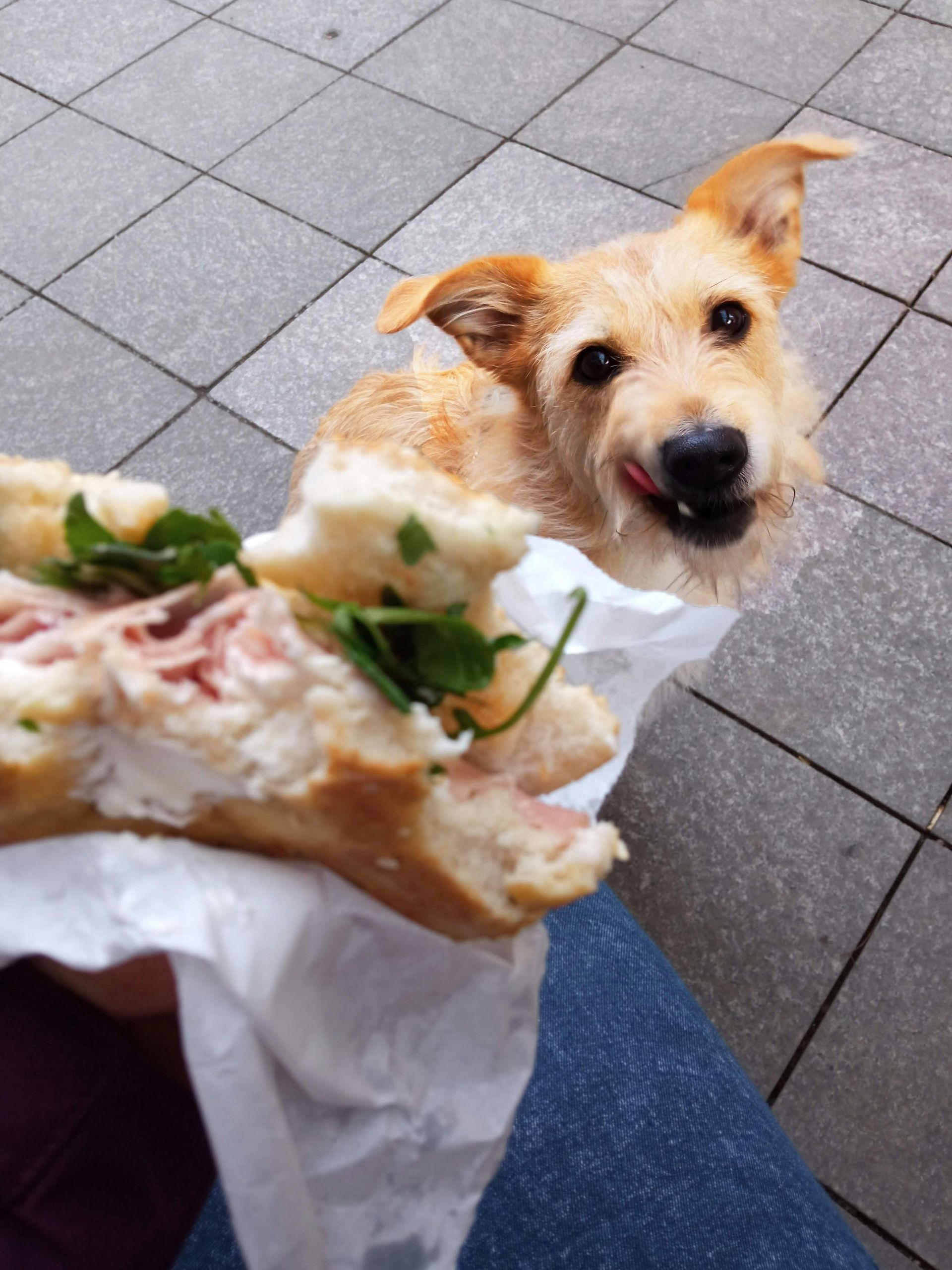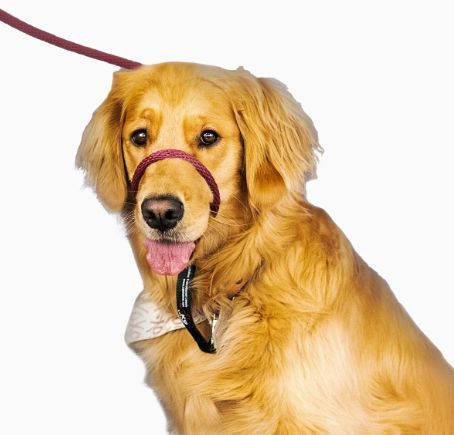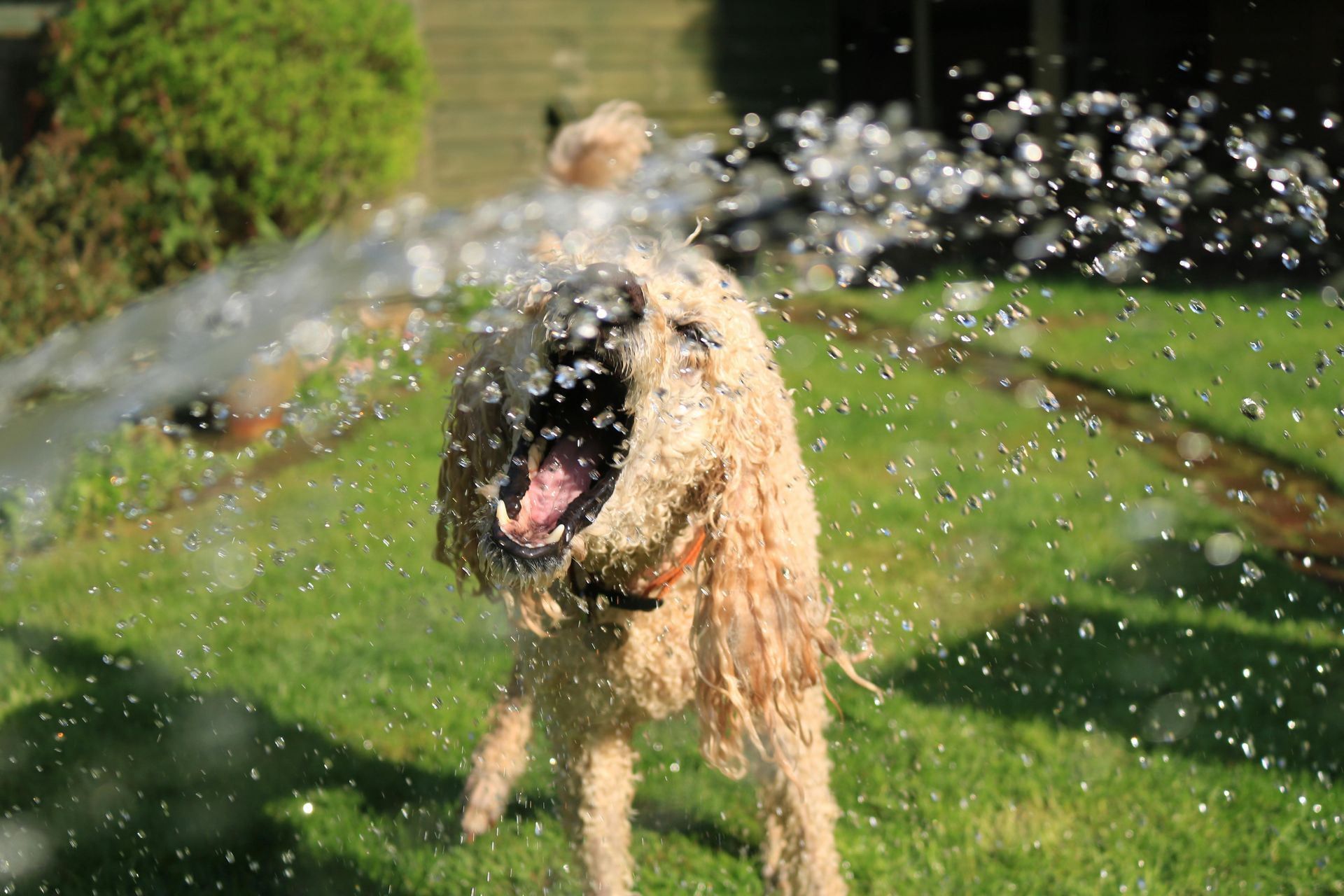Rawhide Dangers
Why This Popular Chew is Not a Safe Treat and What to Choose Instead
As a loving pet parent, providing your dog with a long-lasting chew is a great way to satisfy their natural urge to chew, relieve boredom, and even help keep their teeth clean. For years, rawhide has been a staple in many homes, but did you know that these popular chews can actually pose serious risks to your furry friend?
At Happy Tails Lodge, we prioritize the health and safety of every dog in our care, which is why we want to shed light on the dangers of rawhide and offer safer, veterinarian-approved alternatives.
The Hidden Risks of Rawhide
Rawhide is not a food product; it's a by-product of the leather industry. It's made from the inner layer of a cow or horse hide that has been treated, split, and dried. While it might seem harmless, several significant issues make it a dangerous choice for dogs:
1. Choking and Obstruction Hazards
This is the biggest concern. As dogs chew rawhide, it becomes soft, pliable, and eventually slimy. When a large piece is swallowed, it can get lodged in the esophagus (choking risk) or stomach, creating a serious gastrointestinal blockage. Because rawhide expands when wet (which it does in the stomach), these blockages often require emergency surgery.
2. Chemical Exposure
The hide used for rawhide goes through a chemical process, including the use of various substances to preserve it, remove hair, and make it chewable. While manufacturers adhere to certain standards, the potential exposure to these chemicals is a valid concern for many pet owners.
3. Digestive Irritation
For some dogs, the difficulty of digesting the treated hide can lead to severe stomach upset, diarrhea, and vomiting. This is especially true if they consume a large piece.
4. Contamination Risk
As an animal product that is often manufactured overseas and goes through minimal regulation, rawhide has been recalled in the past due to contamination with trace amounts of toxic substances like salmonella or E. coli bacteria.
Safe Alternatives to Rawhide Chews
Fortunately, there are many fantastic, long-lasting, and safer chews that you can confidently give your dog. When looking for alternatives, always supervise your dog, ensure the product is appropriately sized for them, and remove small, swallowable pieces.
| Safe Chew Alternative | Key Benefits | What to Look For |
|---|---|---|
| Natural Yak Cheese Chews | Very hard and durable; low-lactose, easily digestible protein; little odor. | Look for chews made with minimal, natural ingredients (milk, salt, lime). |
| Bully Sticks (Pizzles) | Highly palatable; single-ingredient, easily digestible protein source. | Look for high-quality, free-range, grass-fed options. |
| Dental Chews/Treats | Formulated to scrape plaque and tartar; many are highly digestible. | Look for VOHC (Veterinary Oral Health Council) approved seals for proof of effectiveness. |
| Horns and Antlers | Extremely long-lasting; provides minerals; great for power chewers. | Choose naturally shed products. Start with a softer split antler for first-timers. |
| Treat-Dispensing Toys | Satisfies the chewing instinct with a puzzle; only provides small amounts of food at a time; made of durable rubber. | Use with kibble, peanut butter, or veterinarian-approved paste. |
Your Pet's Safety is Our Priority
Chewing is a natural and necessary behavior for dogs! By choosing a high-quality, digestible, and size-appropriate alternative to rawhide, you can provide hours of enjoyment while keeping your beloved companion happy and safe.
Stop by our retail section at Happy Tails Lodge in Great Falls, Montana! We stock a curated selection of safe, durable, and healthy chew alternatives that we trust for our own dogs and the dogs in our care. Our team is always ready to help you find the perfect, long-lasting treat for your dog's specific chewing style.
